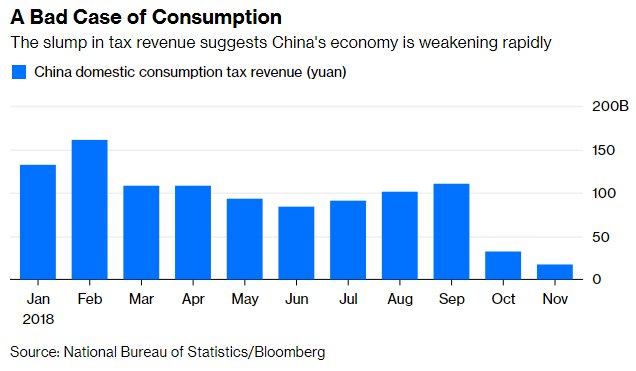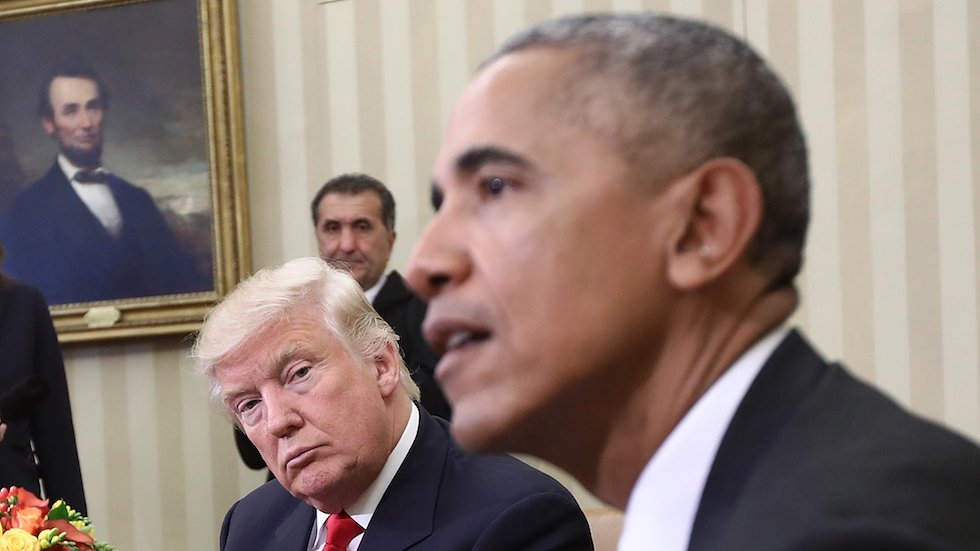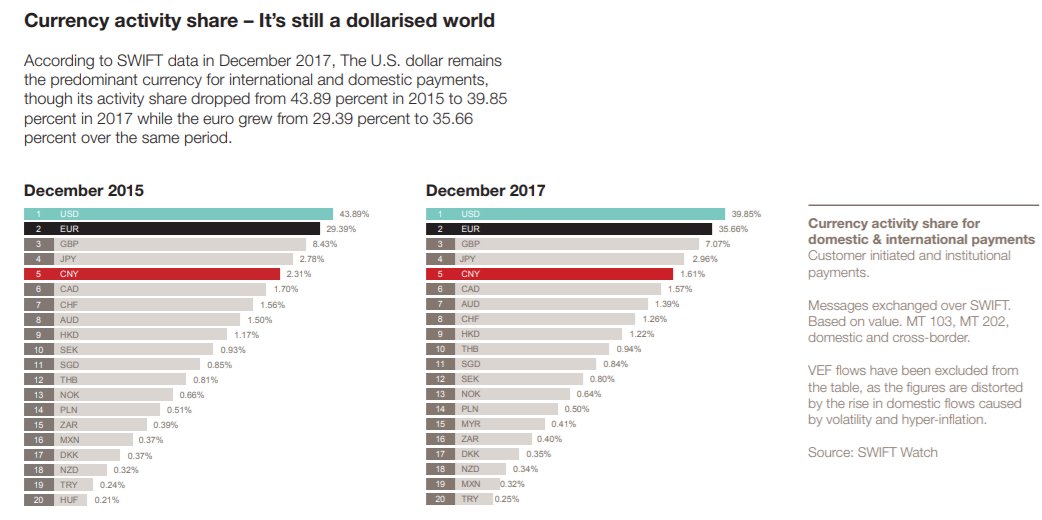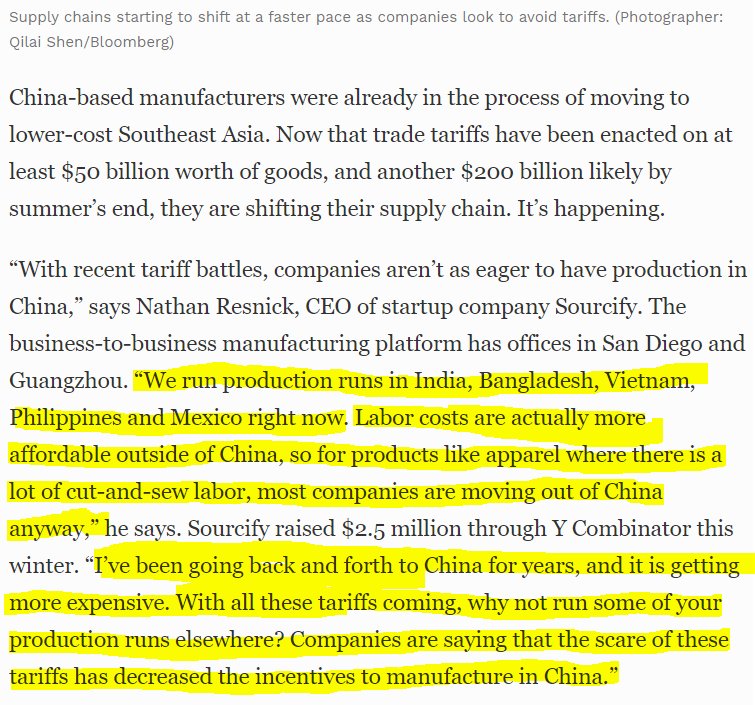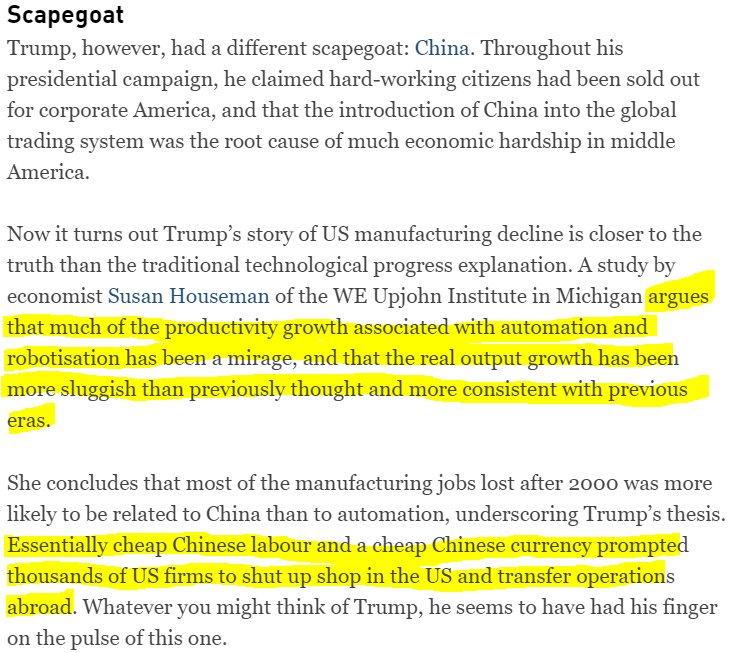In other words, who was right, Elizabeth Warren or Andrew Yang?
bloomberg.com/opinion/articl…
But @APFactCheck is relying on some very dodgy research, and it doesn't understand the question very well.
apnews.com/7cf3f5fabe1147…
For example, the paper that @APFactCheck loves to cite, by Hicks and Devaraj, makes this claim:
projects.cberdata.org/reports/MfgRea…
When it says "job loss", it means job loss RELATIVE to the number of jobs in a hypothetical simulation in which productivity didn't improve at all!
That's pretty unrealistic. That's a red flag.
www2.itif.org/2017-trade-vs-…
research.upjohn.org/cgi/viewconten…
Maybe 2/3.
editorialexpress.com/cgi-bin/confer…
They find that China trade reduced manufacturing employment in the U.S. by about 2 to 2.4 million jobs.
economics.mit.edu/files/10590
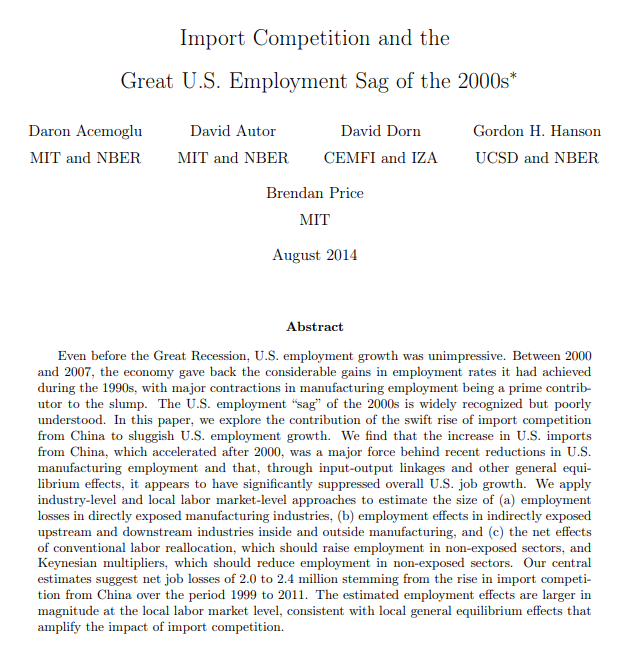
usitc.gov/research_and_a…
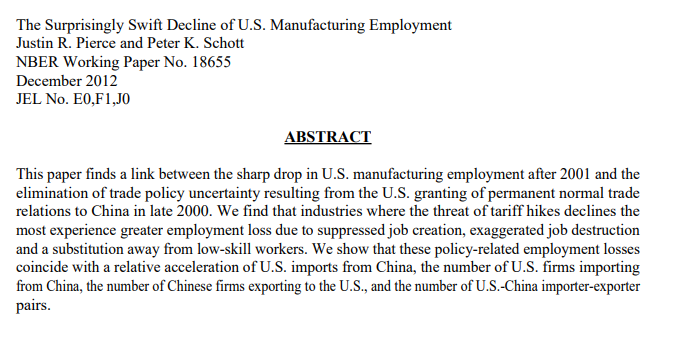
Automation was happening as in previous decades, but China trade (and then the recession) was the biggest reason America lost manufacturing jobs.
What about NOW?
There is good evidence that the China Shock is OVER. Chinese competition is no longer destroying U.S. manufacturing jobs.
d101vc9winf8ln.cloudfront.net/documents/3062…
In a word: No.
To elaborate: No no no no no.
bloomberg.com/opinion/articl…
epi.org/publication/th…
Eventually we could automate away service jobs, and all jobs, and robots and their owners could inherit the Earth.
But as of now that future is still SCIENCE FICTION.
bloomberg.com/opinion/articl…
bloomberg.com/opinion/articl…
bloomberg.com/opinion/articl…
Robots might or might not be the problem of the future.
But right now, our challenge is to strengthen the safety net, strengthen labor power, and strengthen U.S. technology and industry!
(end)
bloomberg.com/opinion/articl…








